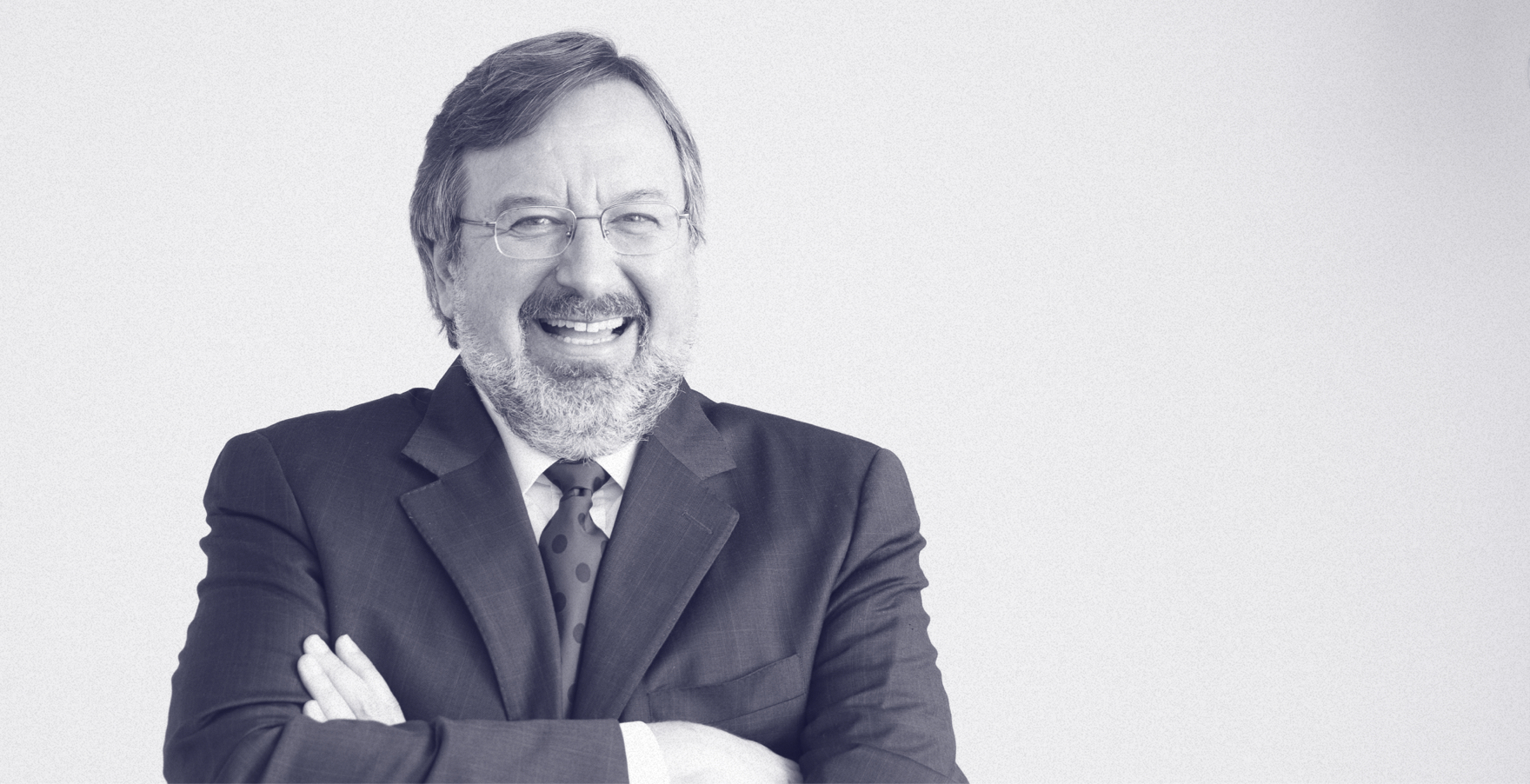
Dr. Dante Burgos, Chief Physician Executive
This year has brought many changes and challenges to healthcare systems worldwide. At MindCare, we strive to deliver high-quality, cost-effective care to our partners in Emergency Departments, Med-Surgical Units, outpatient clinics, and more. By integrating behavioral healthcare through a secure telehealth platform we have helped many clinics to reduce costs while increasing patient care and improving outcomes. Our team of board-certified mental health specialists is dedicated to working alongside our healthcare partners to continue to improve access to care around the country.
Dr. Dante Burgos, MD, the Chief Physician Executive at MindCare, offers his insights into how COVID-19 has affected the healthcare field and how MindCare is helping to address this and other challenges that patients and providers currently face.
“The biggest challenge professionally during this pandemic has been attempting to manage the worsening severity of COVID-19-related depression and anxiety in both the inpatient and outpatient settings,” states Dr. Burgos.
Rapid changes have led to an increase in telehealth adoption
Throughout the year, patients and healthcare providers alike have had to deal with both the physical and mental challenges of COVID-19. We have seen over 28 million elective surgeries canceled worldwide, patients avoiding seeking care for fear of exposure to the virus, and massive layoffs and reductions in revenue for healthcare organizations.
COVID-19 has caused disruptions and stress that can worsen mental health issues and cause new issues to occur in previously mentally well patients. Many are now recognizing that the mental health effects of the pandemic are as important to address as the physical ones. Social-distancing and stay-at-home orders can be mentally taxing. “The biggest challenge professionally during this pandemic has been attempting to manage the worsening severity of COVID-19-related depression and anxiety in both the inpatient and outpatient settings,” states Dr. Burgos.
The news hasn’t been all bad though. The inability to schedule in-person visits has created a burgeoning market for telehealth services. The first quarter of 2020 alone saw a 50% increase in the number of virtual health visits compared to 2019. Dr. Burgos noted that we have also seen a substantial increase in the amount of trust patients and their families place in telepsychiatry and telemedicine.
Partnership is key to success
With the expanded use of telehealth, it has become increasingly important for providers to establish a successful telehealth program. Dr. Burgos shared that, “Some of the most critical factors for a successful hospital-based telepsychiatry program are education for the staff and administration to increase their confidence in the program and the ability to integrate telepsychiatry programs with electronic medical records in the individual facility.”
With the burgeoning shortage of psychiatrists, the need for telepsychiatry programs will only continue to increase. A 2016 report by the Health Resources and Services Administration projected that by 2025 there will be a shortage of 250,000 providers in behavioral health. MindCare’s team is ready to help combat this care gap. “We are very fortunate to be able to offer a full dedicated team of psychiatric and other behavioral health specialists with sub-specializations in geriatric, child and adolescent, and addiction-based psychiatry,” Dr. Burgos commented.
MindCare’s team works to reduce your workload by providing a comprehensive range of services that cover patient care from initial assessment to follow-up treatment. Our system can be seamlessly integrated and customized to fit your needs, making it easier to offer telepsychiatry services without interrupting your daily workflow.
Even with the growth we have seen this year, millions of Americans live in areas that do not have access to mental health professionals. Dr. Burgos and the team at MindCare are excited for what the future holds, though. “With the explosion of telehealth services, this is an exciting time to be in psychiatry. Delivering much-needed care in creative and clinically proven ways will help advance this field as never before. I look forward to developing new treatment protocols that will allow us to interface with other medical subspecialties especially in the hospital setting. These other specialties, which include oncology, pain management, nephrology, endocrinology, and others, represent huge underserved mental health populations that we will be able to help.”